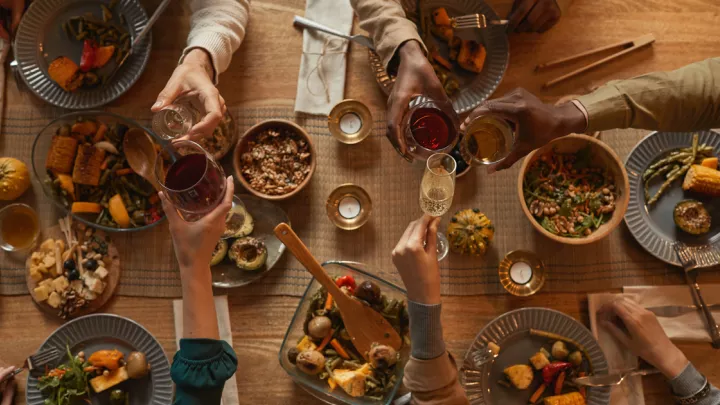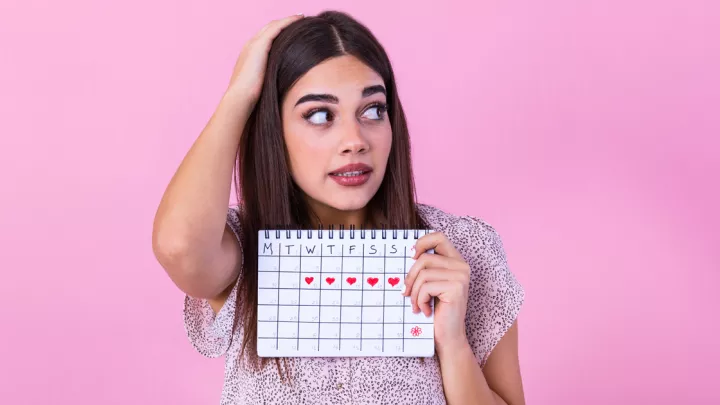COVID-19 vaccines and the myth of young, healthy adults

Everyone wants this pandemic to be over. We want to return to packed concerts, restaurants and sporting venues. We miss large weddings and family reunions. We long for fewer travel restrictions.
But some people are wondering if vaccines are really the way to get there. Does a young, healthy adult even need to be vaccinated against COVID-19?
Personal responsibility
You might wonder why vaccinated people care so much whether or not others get the vaccine. Well, with an infectious disease, all of our futures are intertwined. It's like that idea of six degrees of separation – through a chain of a friend-of-a-friend connection, only six people separate you from Kevin Bacon. That may be just a fun game, but the idea that your actions affect others, even people you don't know, is absolutely true. The actions of a few affect the many.
The thought of getting COVID-19 might not worry you. But if you were to accidentally pass it to your neighbor's aunt with cancer, would that change how you feel? Many people see vaccination as a personal responsibility to protect family and friends. That's why so many doctors and nurses were excited to get COVID-19 vaccines – to protect both their vulnerable patients and their families at home.
Young and healthy?
Young and healthy does not mean bulletproof. COVID-19 brutalized a 31-year-old Nebraska rancher's lungs so badly that he needed a double lung transplant. He had no preexisting conditions, yet he spent over 120 days on a ventilator.
Many young people also suffer from post-COVID syndrome or "long COVID." These symptoms can last for months after the original infection. COVID-19 vaccines are incredibly effective against severe disease.
There are new variants that spread more easily. "Some of the variants are more transmissible, more deadly and affecting young adults more frequently than the original wild-type virus did in 2020," says anesthesiologist and critical care physician Daniel Johnson, MD. "In other words, being young and previously healthy will not be as protective as it was in the past." Omicron is now the dominant variant in the United States.
Safer for everyone
If enough of us avoid large gatherings, wear masks in public and use other proven methods, we can slow the spread of COVID-19.
So your choice to get vaccinated affects the people around you, but also the people around them. Which is pretty cool – you can protect a lot of people for the price of a sore arm and possibly some other short-term side effects.
COVID-19 vaccines are here. Young people should get them, for both self-protection and personal responsibility for others. It's a small world after all.






